
Senior Analyst, Quality Assurance and Decolonization Outcomes MeasurementNative Child and Family Services of Toronto
Judith Mintz, PhD joined York University’s City Institute as a Post Doctoral Visiting Scholar in March 2019 and is currently External Affiliate. She is an instructor for York University’s Bridging for Women Program. Her dissertation, “What is Critical Yoga Studies?: Gender, Health and Cross-Cultural Consumption of Yoga in Contemporary North America” articulates political economy, critical race theory, and feminist embodiment theories to produce an analysis of yoga as a site of commoditization and healthism in urban North America. Judith has published her work with the Global Labour Research Centre, Demeter Press, Canadian Scholars’ Press (in press), Athabasca Press, Canadian Woman Studies, and Pivot: A Journal of Interdisciplinary Studies and Thought. She also has presented her research on yoga, health justice, and masculinities at the Accessible Yoga Conference (2018), and the International Conference on Canadian Studies in Paris (June 2017). Judith has delivered papers at the Global Labour Research Centre, the Roxana Ng Brown Bag Lectures, and at various conferences for MIRCI (Motherhood Initiative for Research and Community Involvement). Judith’s plans for her engagement at City Institute involve exploring gender, Indigeneity, racism, and unequal access to health and housing infrastructures in urban spaces. Currently, Judith is a Quality Assurance and Decolonization Analyst for Native Child and Family Services of Toronto, working on research policy development and analysis, qualitative research, program evaluation and community consultations.
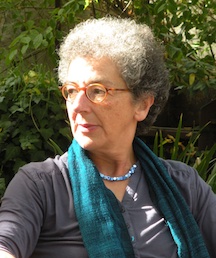
Mariana Valverde
Professor emeritus at the Centre for Criminology and Sociolegal Studies, University of Toronto
Mariana Valverde is a professor emeritus at the Centre for Criminology and Sociolegal Studies at the University of Toronto. She works on issues of urban law and urban governance, mainly in Canada but with some excursions into the international arena. Her most recent book is Infrastructure: New Trajectories in Law (London, Routledge, 2022). She also co-edited the anthology Digital dreams, corporate designs: Smart cities in Canada (Toronto, Lorimer, 2020) with Alex Flynn. Over the years she has taken active part in local politics in her own neighbourhood of South Riverdale, and has also contributed to feminist, LGBTQ and other forms of activism over many decades. Currently her main research project is a multi-university cross-Canada investigation of major universities as settler colonial land owners and wealth holders
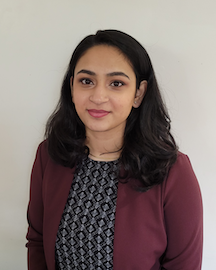
Asmeet Bharaj
HOUSE Ontario
Asmeet recently graduated from Environmental Studies at York University. Through her lived experience as a student, she developed a keen interest in housing affordability, especially how the lack of housing affordability affects students. As an Executive at HOUSE, she works to promote the cause and engage students to take action. She advocates for housing sustainability outside and inside of classrooms, especially with her urban planning research on housing informality, poverty, housing affordability and housing cooperatives.
Outside of HOUSE, Asmeet is involved with the Affordable Housing Committee (AHC) at York University and works as the founding board member of York Non Profit Housing Society Cooperative (YNHSC). Asmeet is also inspired by York Community Housing Association (YCHA).
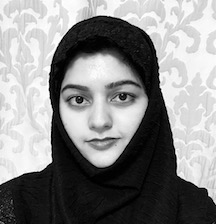
Bariah Altaf Qadeer
PhD Student at the Heidelberg Center for American Studies, Universität Heidelberg (Germany)
Bariah Altaf Qadeer is a PhD student at the Heidelberg Center for American Studies (HCA) at Universität Heidelberg. She is a researcher whose dissertation focuses on community building in different housing forms in mixed-use areas of Toronto. She was born and raised in Toronto where she received her bachelor’s degree in English from York University where she analyzed the theme of alienation in the city in various forms of literature. Bariah researched this idea further by completing a master’s degree in Environmental Studies (MES) with a specialization in Urban Planning at York University. The aspect of community building has been central through an interdisciplinary lens in her master’s project and also in her PhD studies. Bariah believes that places are reshaped through the experiential perceptions of residents where trust is also important. Understanding these perspectives is key in bringing positive change in neighborhoods for better community building by increasing participatory planning.
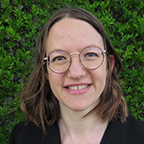
Melanie Wilmink
Banting Postdoctoral Fellow at Yonsei University in Seoul (South Korea)
Melanie Wilmink is a Banting Postdoctoral Fellow at Yonsei University (Seoul, South Korea) where she investigates the art of the Korean smart-city. She holds a PhD in Visual Art & Art History from York University (Toronto), with honours such as the 2014 Elia Scholars Award and a 2015 SSHRC Doctoral Fellowship. Specializing in the spectatorial dynamics of media art environments and art as embodied knowledge-production, her ongoing research emerged through her independent curating practice. Past exhibitions include the Situated Cinema project (Pleasure Dome, 2015), Winter Warmer (Sidewalk Labs Toronto, 2019), and Re[new]All (Sensorium: Centre for Digital Arts & Technology, 2021). She is the co-editor of the anthologies Sculpting Cinema (2018) and Landscapes of Moving Image (2021) with Solomon Nagler. www.melaniewilmink.com

Jack Lawson
Our Greenway Conservancy
Jack Lawson is a professionally trained journalist and Master's-level graduate of Toronto Metropolitan University's School of Urban and Regional Planning. His research focuses on climate action as applied to built infrastructure; such as green, cool, and blue roofs, EV micromobility, and overall city-wide resiliency. Currently Jack works as the Director of Operations for Our Greenway Conservancy while conducting freelance research in his spare time. When not working Jack can be found trawling Toronto's book shops, playing guitar, or gardening.

Tristan Laing
HOUSE Ontario
Tristan Laing is a co-operative practitioner whose passions and organizational affiliations are all directed towards building institutions that embody principles of social justice. As a founding member of HOUSE, he brings almost 20 years of involvement in the student co-operative sector, and organizational ties with student co-ops in Ontario, across the United States, as well as in the UK and Germany. He is committed to spreading a working historical knowledge of student co-operatives and other co-operative organizations that are characterized by universal or majority participation by the membership in the work of the co-op. Tristan was a researcher on the Student Dwell TO team and contributed to several papers on the Ontario student housing crisis. Tristan is also a board member of NASCO Properties, a co-operatively managed land trust based in Michigan, but whose 17 buildings are spread out over 6 US states, operated by 7 different leasing co-ops, housing over 250 people in permanently affordable community-oriented housing.
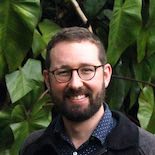
João Tonucci
Center for Development and Regional Planning, Federal University of Minas Gerais (Brazil)
Dr. João Tonucci is an Assistant Professor of Urban Planning and Regional Development at the Center for Development and Regional Planning (Cedeplar), Faculty of Economic Sciences (FACE), Federal University of Minas Gerais (UFMG), and a researcher at Observatório das Metrópoles, Brazil. During 2015 he was a visiting scholar at the City Institute, York University, and since then has been collaborating closely with prof. Roger Keil.
Between 2021 and 2022 he was a Visiting Fellow at the Center for Urban Studies, University of Amsterdam, with an Urban Studies Foundation International Fellowship. Dr. Tonucci teaches and conducts research on critical urban studies, urban development, extended urbanization, land policy, property markets, metropolitan governance, housing informality, popular economies, urban commons, and the right to the city. He has extensive project coordination experience in urban planning and regional development, both within and outside academia, and still advises public agencies, civil society, and social movements.

Julia Fursova
Community Engaged Scholar
Julia Fursova is a community engaged scholar and practitioner whose intersecting identities continuously inform approach to research and practice in the areas of immigration and resettlement, urban health equity and justice, individual and organizational learning, program evaluation, and community development. She is committed to integrating theory and practice, applying participatory methods and techniques, including arts-based, and facilitating collaborative reflection and inquiry. From 2017 to 2019, she facilitated a participatory action research focusing on the role of non-profit organizations in supporting community action for health equity and justice in the context of low-income, racialized neighborhood in Toronto, specifically in the Lawrence Heights neighborhood. Julia is currently mobilizing knowledge resulting from this research, including academic publications written in collaboration with non-academic partners, infographics prepared for funders, non-profit leaders, frontline workers, and volunteers, as well as community art featuring some of the research findings.

Sutama Ghosh
Department of Geography, Toronto Metropolitan University
Dr. Sutama Ghosh is an Associate Professor with a research focus on the everyday lives of immigrants in Toronto's "vertical neighbourhoods". In 2007, she received the CMHC Housing Studies Achievement Award for her doctoral dissertation, titled "We are Not All the Same: The Differential Migration, Settlement Patterns and Housing Trajectories of Indian Bengalis and Bangladeshis in Toronto". She is currently involved in the Neighbourhood Change Research Project, which focuses on understanding neighbourhood inequalities in six Canadian Metropolitan Areas, including Toronto.
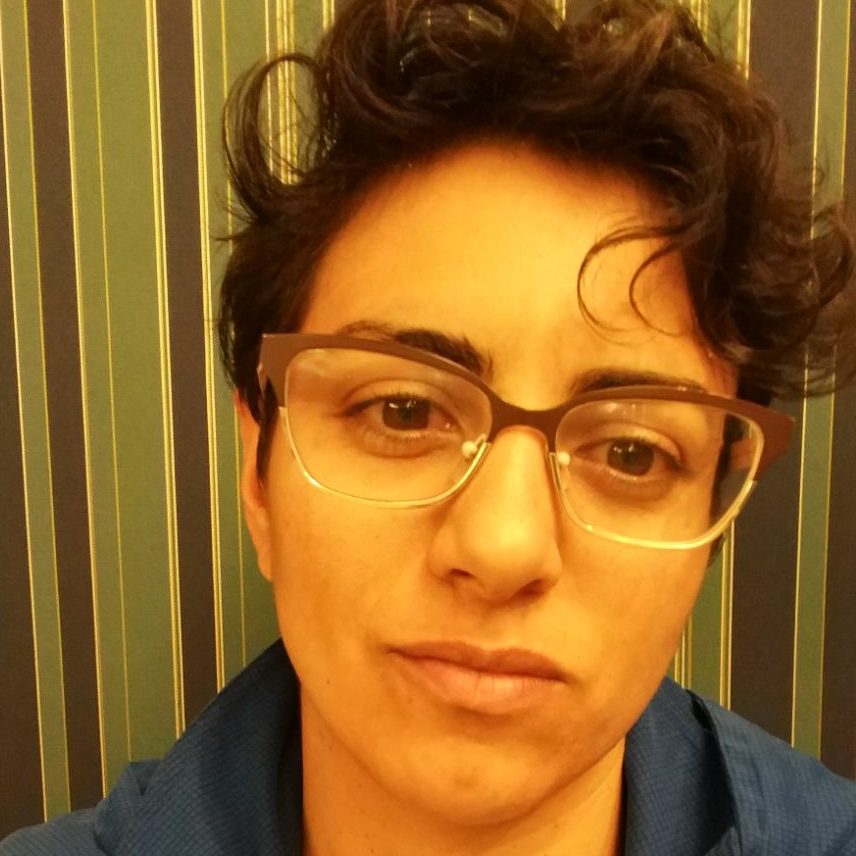
Nayrouz Abu Hatoum
Department of Sociology and Anthropology, Concordia University
Dr. Nayrouz Abu Hatoum recently completed her tenure as the Ibrahim Abu-Lughod postdoctoral fellow in the Center for Palestine Studies at Columbia University for 2018/2019. She holds a Ph.D. in Social Anthropology from York University, Toronto (on the visual and political transformations of the landscape in Palestine after the Israeli construction of the Separation Wall), where she also was a visiting scholar at The City Institute (CITY) working on theories in visual anthropology, urban politics, borders, displacement and state violence. Abu Hatoum is a founding member of Insaniyyat- Society of Palestinian Anthropologists. In August 2019, she will be joining the Sociology and Anthropology department at Concordia University as assistant professor of Urban Ethnography.
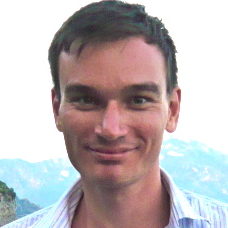
Ian MacDonald
School of Industrial Relations, University of Montreal
Dr. Ian MacDonald completed a Ph.D. in Political Science at York University in 2011. His research interests include comparative political economy, urban politics, and labour geography. While at CITY, he is extending his doctoral work with a SSHRC-supported research project on organized labour’s role in local economic development and urban policy formation. The research compares trade union strategies and outcomes in New York and Toronto in various sectors and policy areas, including film, hospitality, energy, child care, and public transit. It will contribute to our understanding of how urban political economies are shaped by the interventions of organized labor, keeping to a critical register concerned with a sustainable and socially just urbanism.
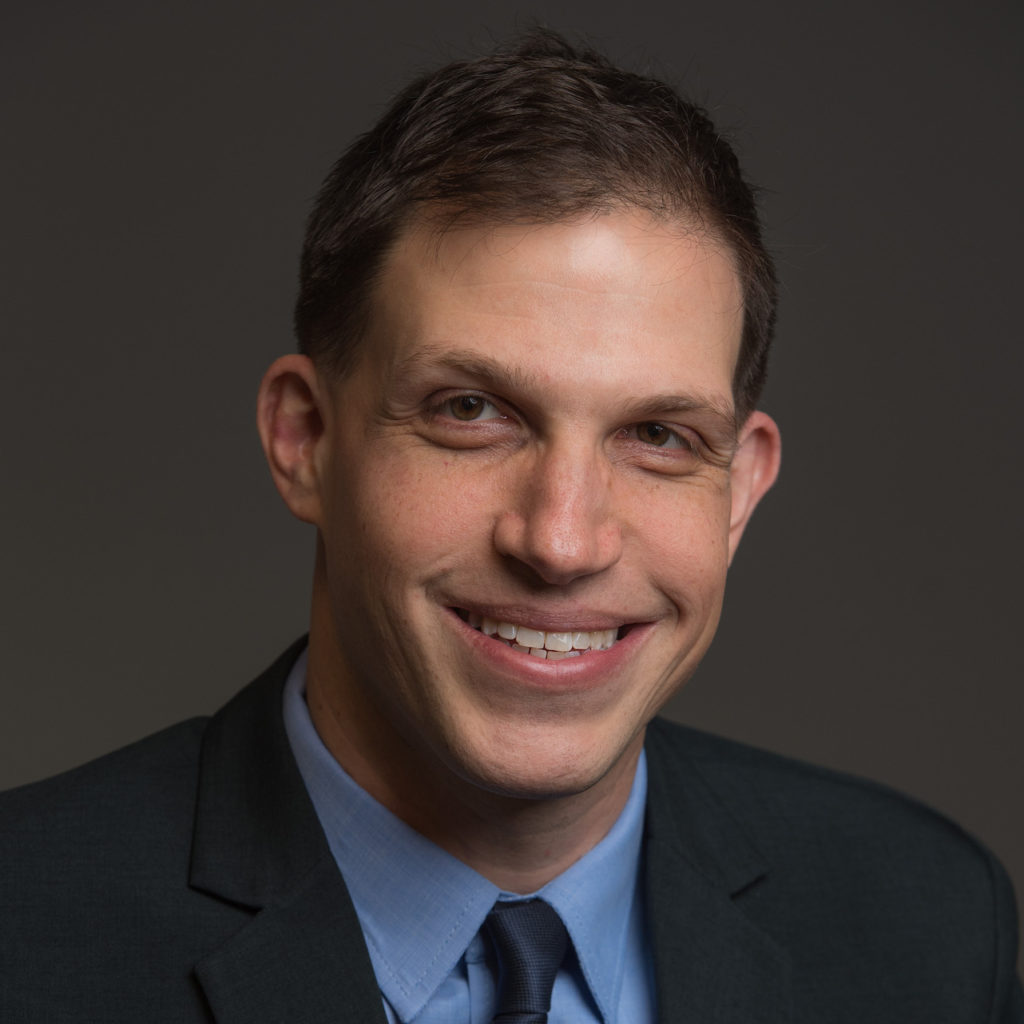
Sam Starr
Cycle Logistics Expert
Sam Starr is an electrical and systems engineer by training, and a graduate of Master of Engineering Leadership from University of British Columbia in Urban Systems. He has shifted from previous career in supply chain and logistics to sustainable urban freight and cycle logistics. In this field, he has been an independent consultant and has been very active in the global cycle logistics circles.
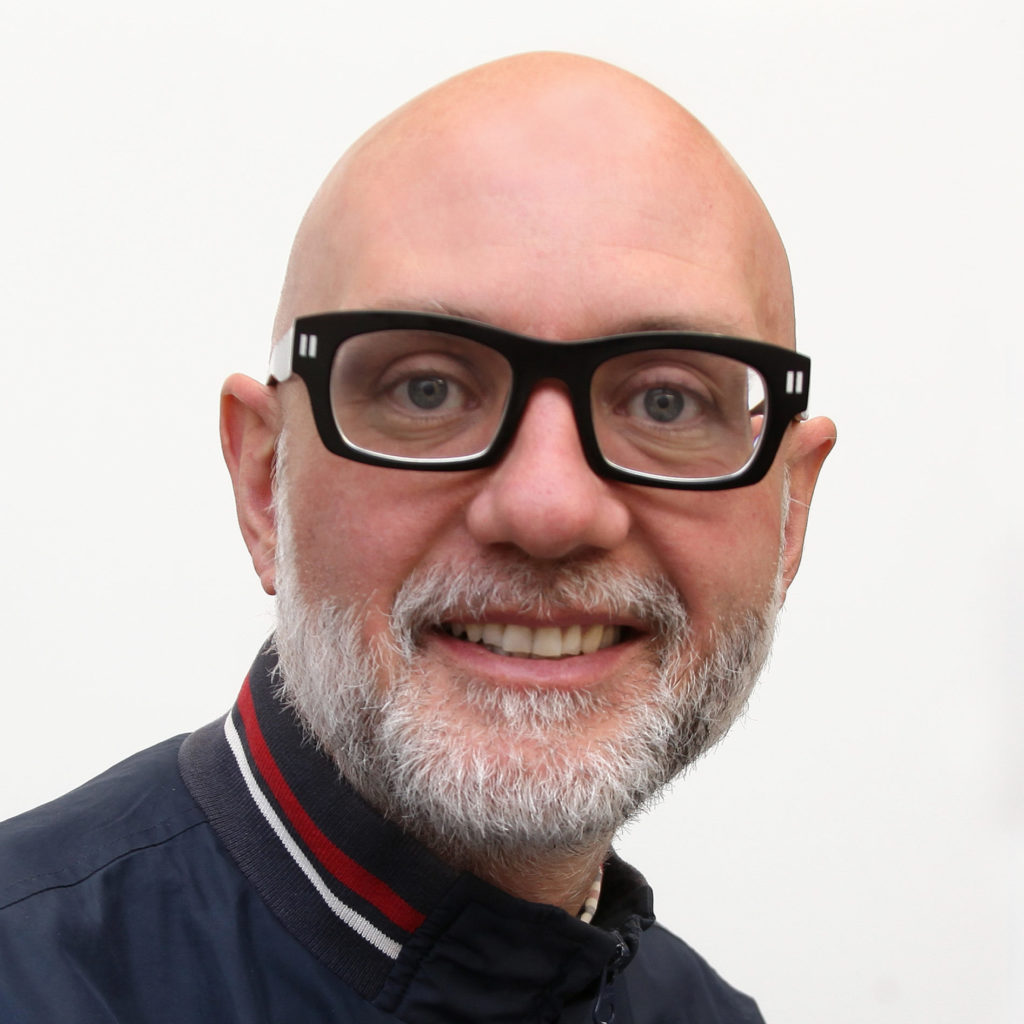
Kevin Ward
Urban Institute, University of Manchester (United Kingdom)
Kevin Ward is a Professor of Human Geography and Director of the Manchester Urban Institute at the University of Manchester and was a Visiting Professor at The City Institute between 2017 and 2019. His current work involves rethinking what is meant by ‘the urban’ in urban politics, as elements of different places are assembled and reassembled to constitute particular ‘urban’ political realms. He has published over a 100 journal articles and book chapters, and his books include the co-authored volumes Urban Sociology, Modernity and Capitalism (Macmillan, 2002) and Spaces of Work: Global Capitalism and the Geographies of Labour (Sage, 2004). He is also editor of Researching the City: a Guide for Students (Sage, 2013) and co-editor of Neoliberalization: States, Networks, Peoples (Blackwell, 2007), Mobile Urbanism: Cities and Policymaking in the Global Age (Minnesota University Press, 2011) and Researching the City (Sage, 2013). He currently edits Urban Geography.
